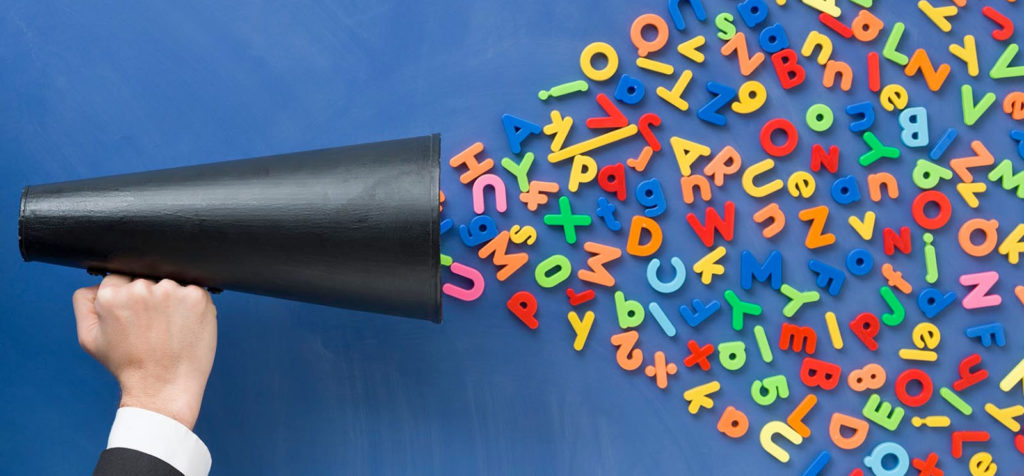Speech therapy usually begins with an assessment by an SLP who will identify the type of communication disorder and the best way to treat it.
Speech therapy for children
For your child, speech therapy may take place in a classroom or small group, or one-on-one, depending on the speech disorder. Speech therapy exercises and activities vary depending on your child’s disorder, age, and needs. During speech therapy for children, the SLP may:
- interact through talking and playing, and using books, pictures other objects as part of language intervention to help stimulate language development
- model correct sounds and syllables for a child during age-appropriate play to teach the child how to make certain sounds
- provide strategies and homework for the child and parent or caregiver on how to do speech therapy at home
Speech therapy for adults
Speech therapy for adults also begins with assessment to determine your needs and the best treatment. Speech therapy exercises for adults can help you with speech, language, and cognitive communication.
Therapy may also include retraining of swallowing function if an injury or medical condition, such as Parkinson’s disease or oral cancer has caused swallowing difficulties.
Exercises may involve:
- problem solving, memory, and organization, and other activities geared at improving cognitive communication
- conversational tactics to improve social communication
- breathing exercises for resonance
- exercises to strengthen oral muscles
There are many resources available if you’re looking to try speech therapy exercises at home, including:
- speech therapy apps
- language development games and toys, such as flip cards and flash cards
- workbooks




